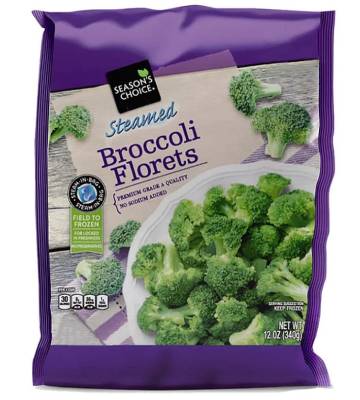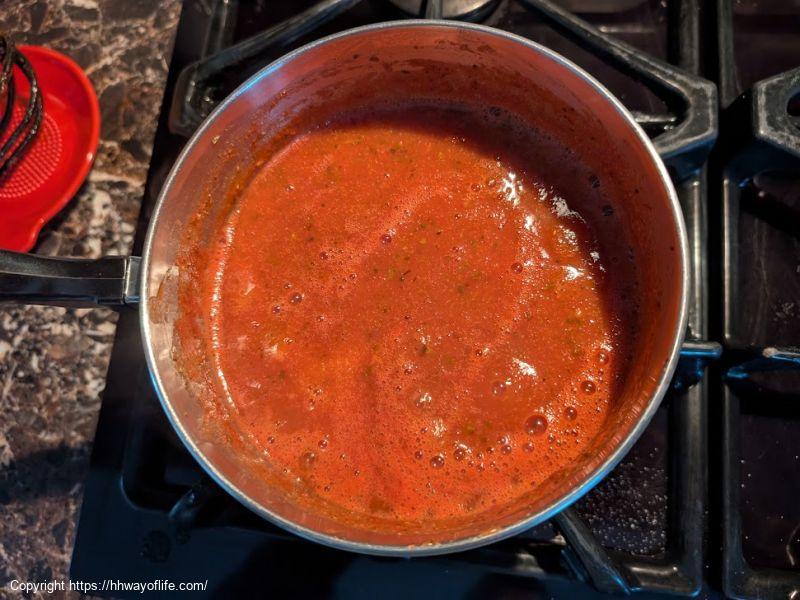Food Nutrition Facts
Nutrition Facts For
Broccoli
Portion Size: 1 Cup
| Nutrient | Value | % Daily Value* |
|---|---|---|
| 30.0 kcal | 2% | |
| 0.0 g | 0% | |
| 0.0 g | 0% | |
| 0.0 mg | 0% | |
| 35 mg | 2% | |
| 210.0 mg | 7% | |
| 7.0 g | ||
| 3.0 g | ||
| 1.5 g | ||
| 3.0 g | ||
| 2.0 g | ||
*Daily value based on a 2,000 calorie diet. Your daily values may be higher or lower depending on your calorie needs and health goals.
Calculate your daily calorie needs here
Nutrition Facts For 1 Cup of Broccoli

Broccoli is a nutritious and versatile vegetable belonging to the cruciferous family, known for its distinctive tree-like appearance. It consists of tightly packed florets, usually dark green in color, branching out from a thick, edible stalk. Rich in vitamins C and K, as well as fiber and various antioxidants, broccoli is a nutritional powerhouse offering numerous health benefits. Its mild, slightly bitter flavor becomes sweeter and more tender when cooked, making it a popular addition to a wide range of dishes.
From steaming and roasting to stir-frying and adding it raw to salads, broccoli can be prepared in countless ways. Its florets readily absorb flavors, making it a great companion to sauces, seasonings, and other ingredients. Whether enjoyed as a side dish, incorporated into pasta or stir-fries, or even blended into creamy soups, broccoli's versatility and nutritional value make it a welcome addition to any meal.







